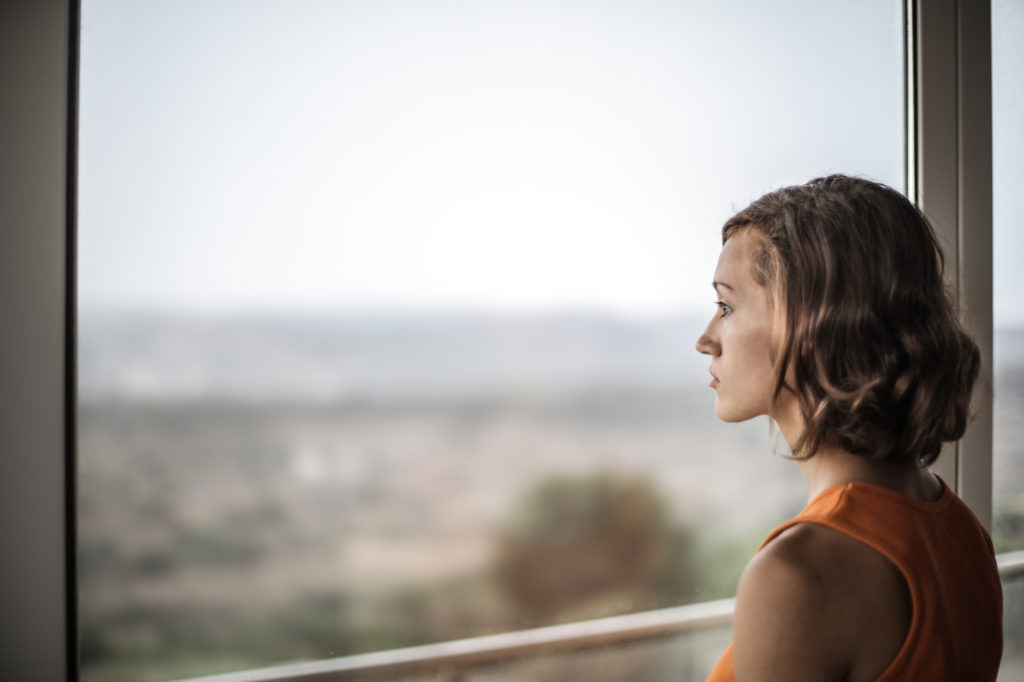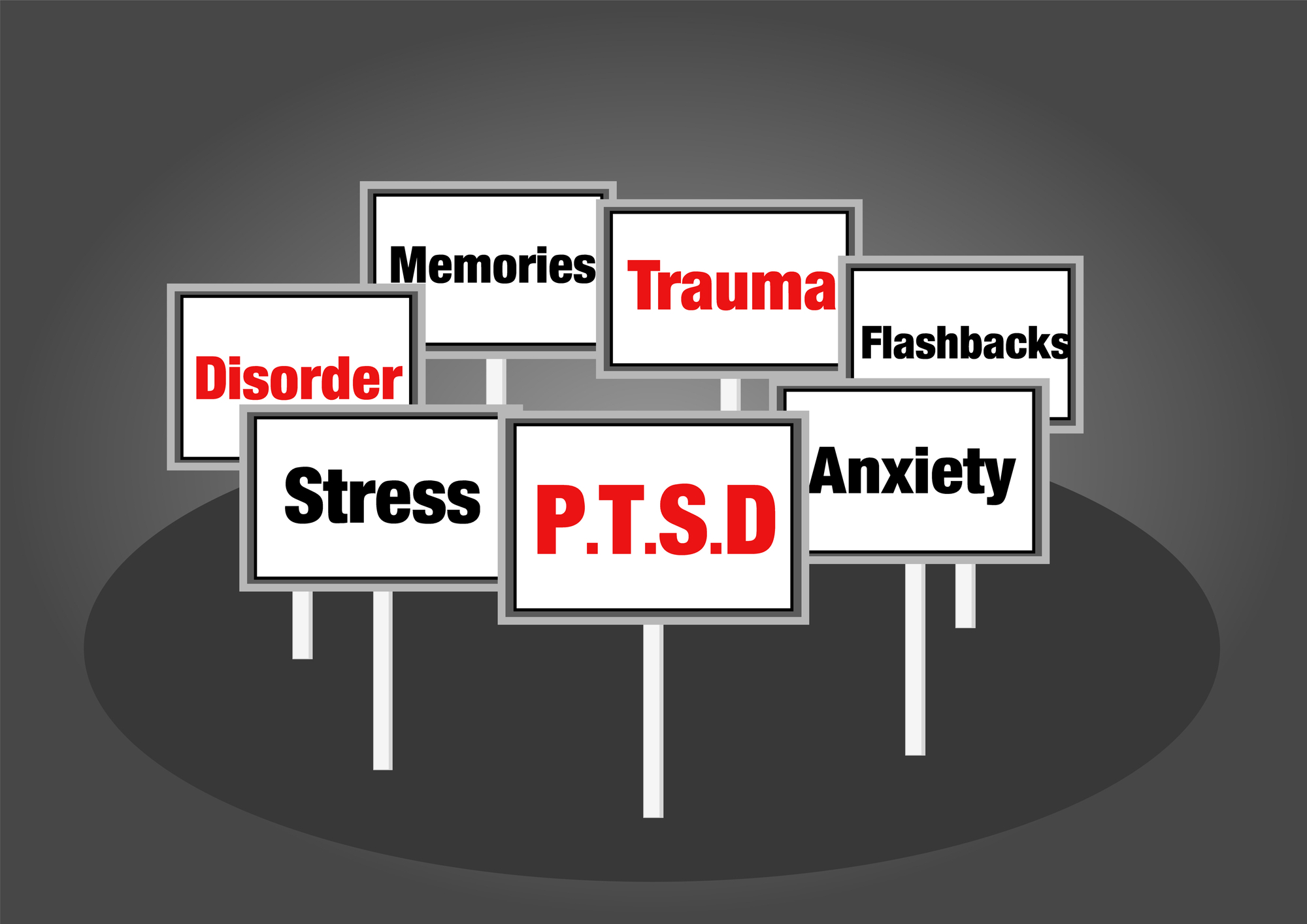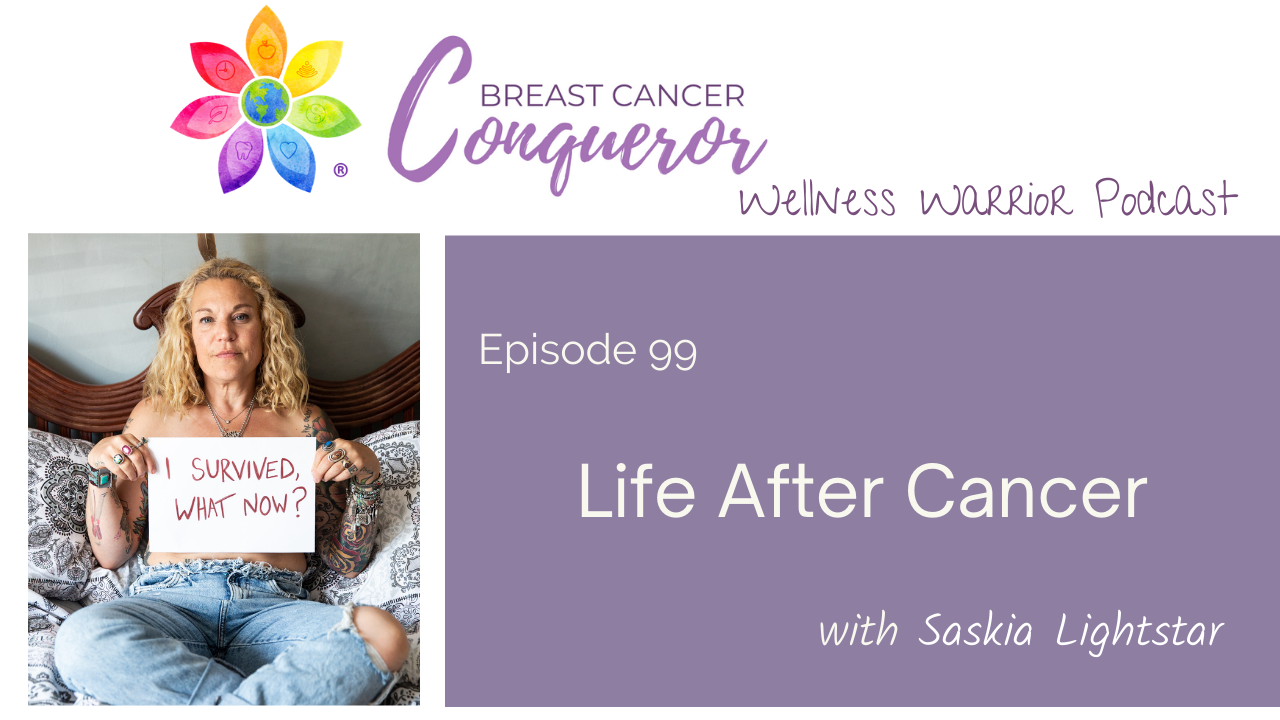
If you have gone through Breast Cancer, then you know what a crazy (and often scary) journey it can be. Any kind of treatment protocol, conventional or natural can keep you in a “fight or flight” mode because you feel like you always have to be “on your game”. Then there is the whirlwind of doctors appointments and testing, consultations, personal research, and just plain fatigue can be overwhelming. Eventually, however, the dust settles and the protocol slows down as your body recovers from healing breast cancer. That is often when all the emotions around the ordeal begin to come up to the surface. Because you were so busy staying focused, the emotional healing often takes second place.
Cancer Trauma is Real
“The doctor told me I had cancer and I went into survival mode,” explained Healing Diva Saskia Lightstar in a recent interview for the Wellness Warriors podcast. “…[when] the treatment finished and I had made sure that I didn’t die, that’s when survival mode switched off and suddenly I was hit with all these emotions of what I’d just been through. That was when things became out of control for me.”

If this sounds familiar on your journey with Breast Cancer, you are not alone. In fact, did you know that according to recent studies the vast majority of women who go through traditional treatments for Breast Cancer will display at least some characteristics of trauma or PTSD, i.e. post-traumatic stress disorder?
A 2016 study conducted at the University of Munich in Germany discovered that over 80% of women diagnosed with early-stage Breast Cancer also developed cancer-related PTSD during the time between diagnosis and the start of conventional treatment.
Another study published the following year in the American Cancer Society journal Cancer surveyed “500 adults with various kinds of cancer.” The researchers from the National University of Malaysia discovered that a fifth of the patients still displayed evidence of PTSD after six months. The number of cancer-related PTSD sufferers actually increased to one third at the four-year mark.
This uptick is proof that when the trauma of any kind goes unhealed, it can fester and grow worse with time.
The symptoms of cancer-related PTSD can vary, but typically include feelings of detachment or emotional “numbness,” emotional distancing, flashbacks, reactionary behavior (such as sudden angry outbursts), frustration, and insomnia. Cancer-related PTSD is also often accompanied by anxiety/depression in general.
Emotional Healing After Cancer
“There needs to be greater awareness that there is nothing wrong with getting help to manage the emotional upheaval—particularly depression, anxiety, and PTSD—post-cancer,” states said Dr. Caryn Mei Hsien Chan, Ph.D., one of the authors of the National University of Malaysia study, in a 2017 interview.
This upheaval is real and if you are experiencing it—six months, one year, or even years after your cancer experience—you are not alone.
The question is, what can you do about it?

For Saskia Lightstar and many other women, the answer lies in first acknowledging that all is not well after cancer. Then you can begin the process of loving and accepting yourself exactly how you are, imperfections and all!
“If you’ve gone through Breast Cancer, own it [and] love yourself!” Saskia Lightstar said in our interview. And I couldn’t agree with her more! Lightstar recently wrote a book about her journey into wholeness in the aftermath of Breast Cancer. It is called The Cancer Misfits. The book will be out in February 2021. In the meantime, she is offering all Healing Divas (if you are reading this blog, this means you!) a free sample of her new webinar class on the same subject.
Lightstar found the tools that helped her cultivate self-love. Now her life purpose is to help other women fall madly in love with themselves. Just CLICK HERE to listen to the podcast and learn more and her free offer!
Self Love and Louis Hay
Lightstar found the work of Louis Hay to be especially uplifting on her journey towards self-love after cancer.
During my second Healing Journey with Breast Cancer, I took extra time to examine the emotional reasons why cancer may have returned. I had read Hay’s books before but this was when I really dove into one book in particular.
You Can Heal Your Life by Louise Hay was my rock and inspiration during that second bout with cancer. It really helped me get “unstuck” from some patterns that were preventing me from completely healing. It also helped me to learn how to nurture that part of me that still felt like a “little girl.”
Hay believed that if you are willing to “do the work” of Healing the Emotional Wounds (which is what Essential #4 of the 7 Essentials System® is all about) then many physical ailments, conditions, and even diseases like cancer can heal as well.
“I no longer choose to believe in old limitations and lack,” writes Hay in You Can Heal Your Life. “I now choose to begin to see myself as the Universe sees me — perfect, whole, and complete.”
Using Mirror Work for Emotional Healing After Cancer
Like Shasha Lightstar, I found a Louise Hay tool called “mirror work” to be extremely healing in my journey with Breast Cancer, as well as enlightening and relevant to my whole life.
According to Hay, looking into a mirror and saying loving things (or at least kind things)to ourselves connects us with the child within. This “little child” may never have heard these loving comments from those who raised him or her. For many of us, it may have been a long, long time since anyone has said this to us in adulthood as well.
“We have to be our own cheerleaders, “ says Hay. “The things we say to ourselves support us and love us and make us feel good. Or make us feel silly…You know, [like saying] ‘You are a HOT POTATO!’ …The mirror, as small as it may be, can really help you connect with yourself.”
Hay also suggests doing forgiveness work and saying other affirmations in the mirror as well.